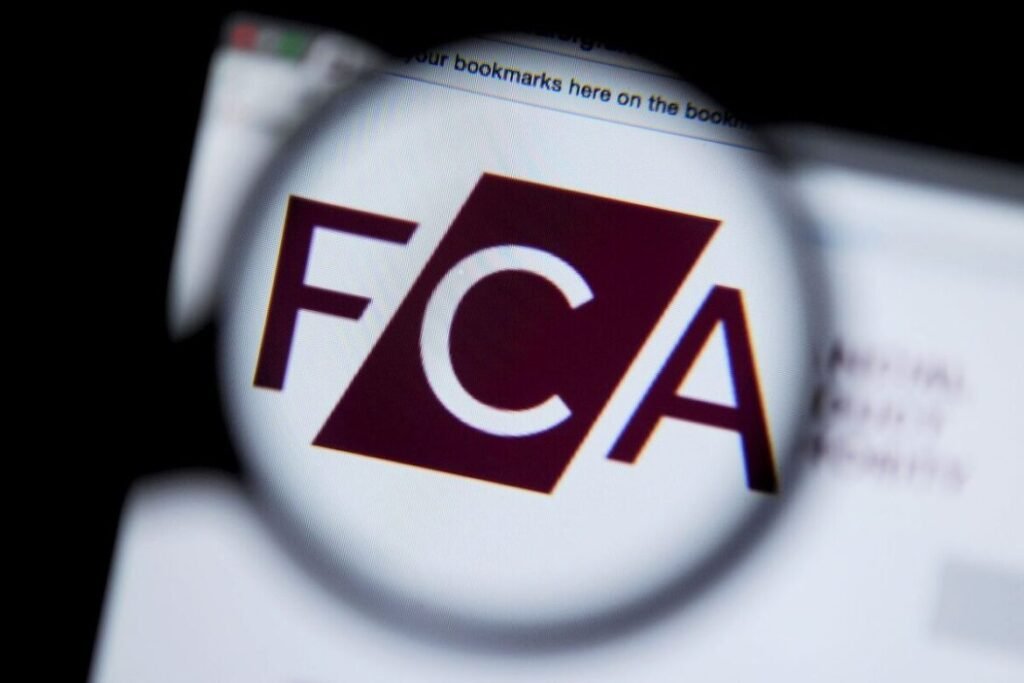UK regulator, the Financial Conduct Authority (FCA), has published new proposals to regulate the Buy Now Pay Later (BNPL) market.
New FCA proposals could see future legislation requiring lenders to check that people can afford BNPL loans, and to offer support if customers get into financial difficulty. Should the new rules come into play, BNPL borrowers will also be able to complain to the Financial Ombudsman Service if something goes wrong.
New rules, which would take effect when BNPL comes under the FCA’s remit in 2026, come after FCA research on unregulated BNPL found that around 20 per cent of UK adults (~10.9 million) had used it at least once in the 12 months to May 2024, up from 17 per cent (8.8 million) in 2022.
The rapid growth of the offering may be largely driven by the fact that, at present, it does require minimal credit checks. TransUnion research found that one in six (16 per cent) UK consumers choose BNPL for this reason. But it also found that 13 per cent are unaware of how using BNPL for small, everyday purchases affects their credit report, while 26 per cent of UK adults prefer BNPL over credit cards for everyday spending.
These findings highlight that while some may find BNPL less attractive if it comes under a stricter regulatory lens, and therefore require more stringent checks, more protections are needed to keep consumers safe.
According to research from BNPL provider Clearpay, nearly half of UK adults (48 per cent) are actually more likely to use BNPL once regulation is passed. It also found that 71 per cent believe that it is important for BNPL to be subject to UK financial legislation, indicating that the announcement will help foster trust among consumers.
Protecting consumers against BNPL confusion
Neil Kadagathur, CEO at responsible lender Creditspring, welcomes new BNPL regulations: “BNPL is a product that works in theory, but in practice has been allowed to grow with minimal meaningful safeguards.
“The issue is that it has been designed and marketed as a risk-free solution for everyday spending, but in reality, it can push people into debt without them fully understanding the consequences. Ultimately, any regulation that protects and informs the consumer is always welcome.
“It is important, though, to look at the bigger picture when it comes to access to credit in the UK – 40 per cent of the population of the country have zero savings, and as long as that is true, there is going to be a need for short-term credit options which are fair, transparent, and affordable.
“The subscription finance lending model is a way in which consumers can essentially insure themselves against those truly unexpected costs that life throws up, which can derail people and allow debt to spiral.”
Market consolidation imminent?

“As the FCA moves to tighten regulations around the BNPL sector, providers will be under increasing pressure to enhance creditworthiness and affordability assessments and also demonstrate robust consumer protections,” added Richard Pinch, senior director of risk at independent financial services consultancy and credit risk specialists Broadstone.
“This marks a significant shift away from the relatively light-touch model BNPL firms have operated under, and places greater emphasis on affordability checks, credit reporting and fair treatment of borrowers.
“In addition, the extension of Section 75 protections for consumers will mean firms will be jointly responsible with retailers for faulty or undelivered goods, placing even more responsibility on risk and compliance teams to oversee merchant partners.
“All this in combination will pose a challenge to BNPL lenders, particularly those at the smaller end of the market, as those firms will need stronger data capabilities, credit risk assessment and monitoring tools to meet the FCA’s expectations. It is likely that these pressures could trigger consolidation within the market as smaller players are absorbed by those with greater capacity and finances to meet these new demands.”

